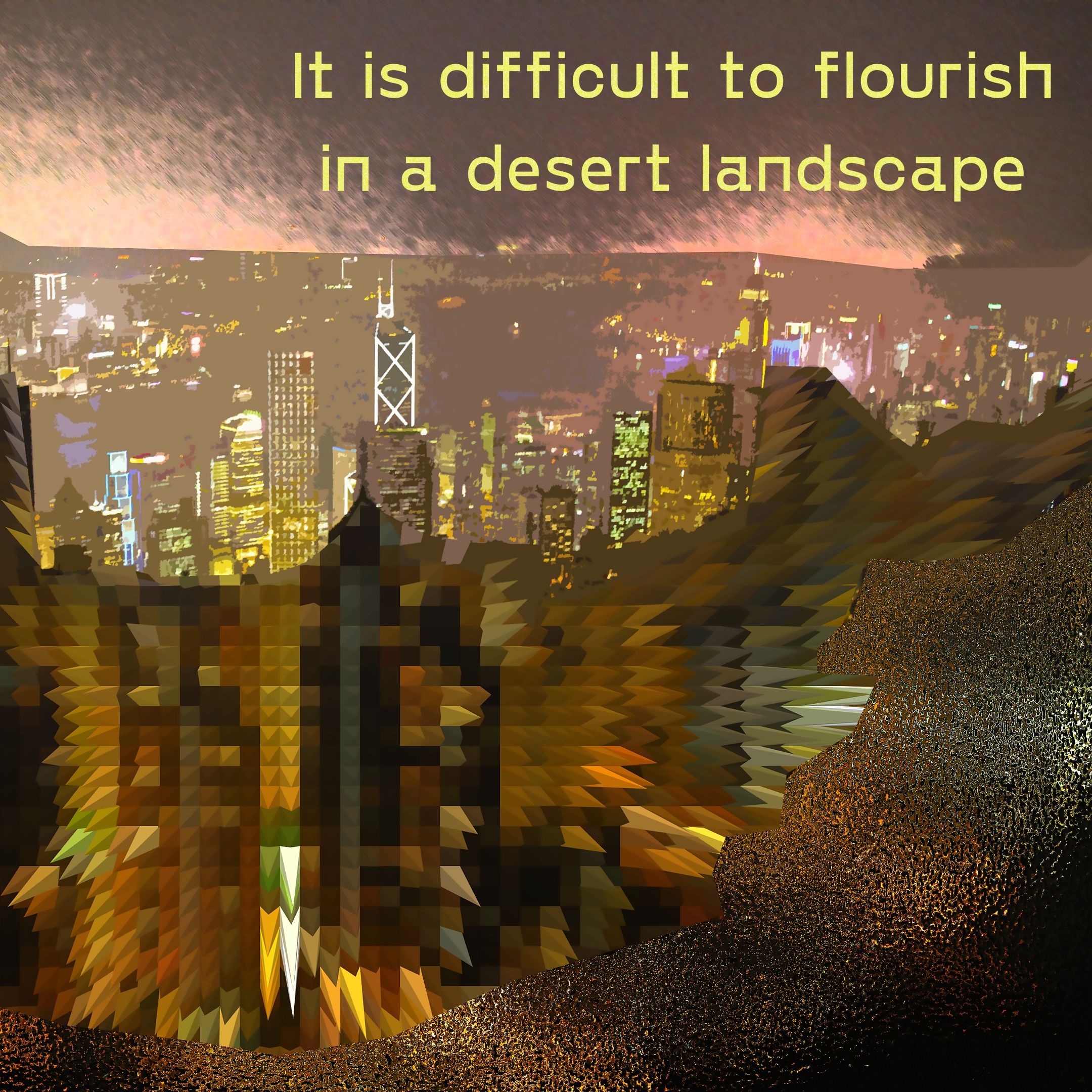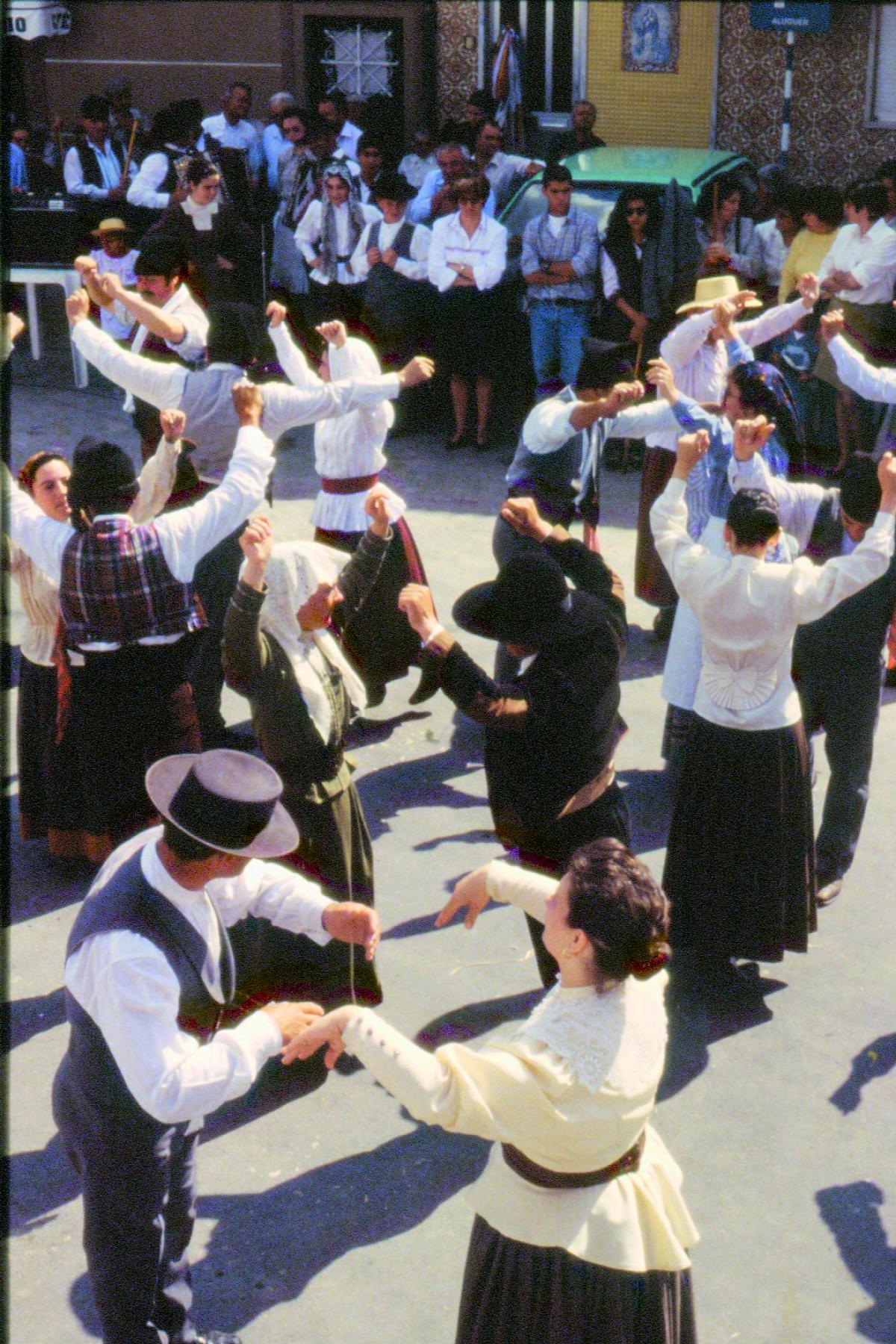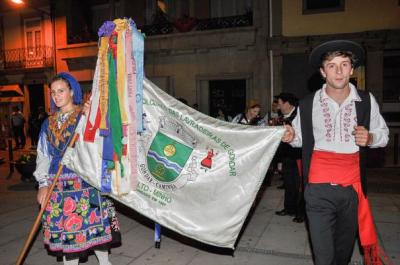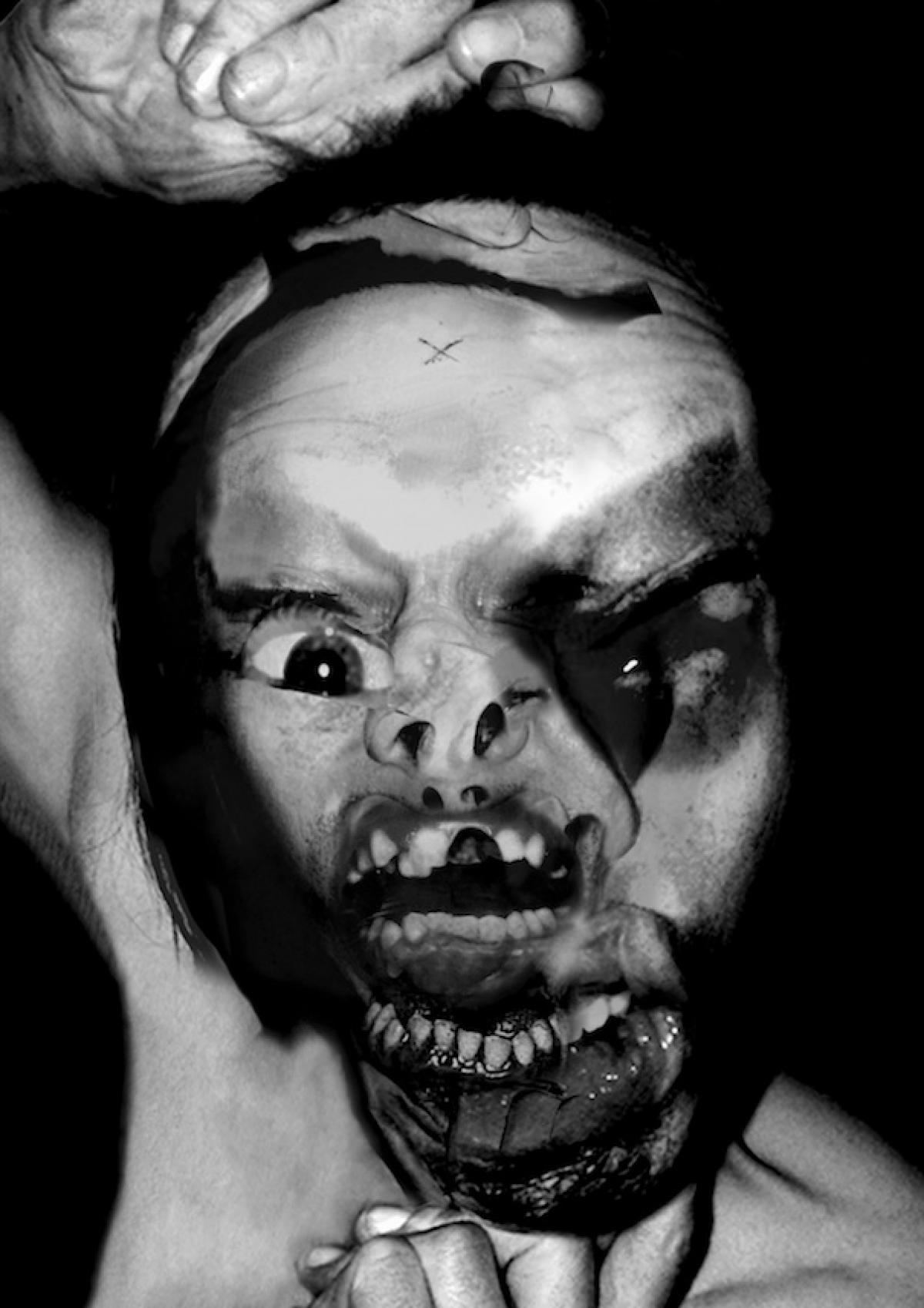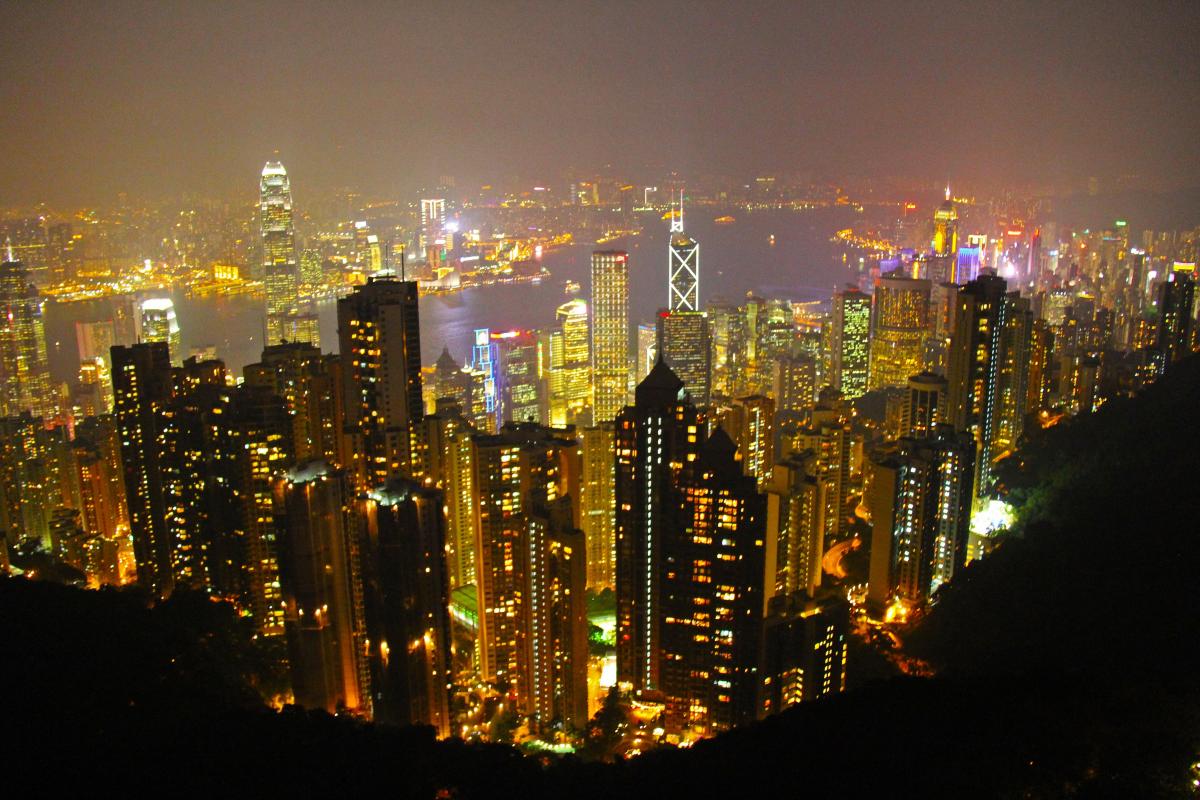
HK – Club Culture in an «Art Desert»
The metropolis Hong Kong is a world finance and multi-cultural capital. But when it comes to culture, local artists call it an «art desert». Yet, people like Ocean Lam and Jo.D from the underground club music scene are working on a change.
At the Epizode festival on the island of Phu Quoc in Vietnam, the predominantly Russian promoters invited DJs from across South East Asia to balance out the influx of Western and Russian artists on the line-up. Deep into the latter half of the ten-day event, two DJs stood out amidst scores of globetrotting house and techno names rolling out a slick, familiar brand of dance music. Ocean Lam and Jo.D didn’t have to move far from the standard pulse of de rigeur house music to sound different, but their particular taste shone through – a dark and seductive brand of machine music that drew on vintage European and American acid house and Dutch electro.
«All the music I just played is new», Ocean Lam explained to me on the dancefloor after her set, as her fellow Hong Kong native Jo.D followed along a similar line of leftfield body music. She later clarified she focuses on established labels like Detroit’s Motech as well as Singapore’s Midnight Shift and Germany’s Biotop and Serialism. As the music Ocean Lam and Jo.D played didn’t sound representative of where they came from, I wondered about the origins of the electronic music scene in Hong Kong – a city with a unique socio-political history, a primary hub for the global financial industry and home to one of the densest populations on the planet. Where was the sound of Hong Kong?
«Art Desert»
«Sad but true, the Hong Kong music scene is unhealthy from pop music to underground music», says Jo.D aka Jodi Chik. «This is probably the reason that Hongkong is called an art desert». Citing the dominance of commercial night clubs playing mainstream music and prioritizing celebrity culture over meaningful musical experiences, Chik also suggests that the underground electronic music scene features a similar «ageing problem» to Japan. There, less and less young people are going to clubs. The number of people that would go out to an underground night in Hong Kong on an average weekend would be 200-300 of which 30% are tourists. In a city of over seven million people, that’s a shockingly low turnout.
Lam talks of a worldwide problem: the majority of any potential crowd will choose to go to larger scale events with popular DJ's rather than supporting lesser known artists in more intimate spaces. One issue that is unique to Hong Kong however is the close proximity of the clubs in HK Central, giving people the opportunity to flit between up to four venues in one night until they find the party with the most attendees. Lam considers the scene too small to sustain a clash of leading bookings, so she is careful to organise any guests for her Hypnotic party when there is no competition.
It didn’t always use to be so scarce – Chik talks fondly about 2.000-strong raves twenty years ago that eventually fell victim to police raids until the culture was quashed. Now a dedicated network of small-scale clubs and promoters fight to keep the scene alive against continued pressure. Ocean Lam talks with warmth about XXX, a private multi-purpose arts venue with a DIY ethos which is scheduled to shut down on February 10 after seven years of multiple relocations and resistance from local authorities, political parties, noise complaints and many other barriers to a venue operating successfully.
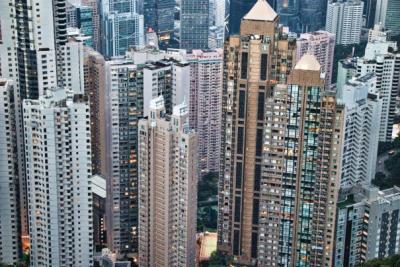
Traditional Music in HK?
But there are still positive forces in action. Social Room is a space built out of the ashes of another much-loved HK club, Bassment. Lam is heavily involved, running her Hypnotic event in the HK Central location as a hub for local and international guests. Small basement club Oma equally caters to the niche crowd that craves alternative sounds. Clearly the music that Lam and Chik are immersed in has a certain niche appeal that doesn’t communicate with a wide range of their fellow Hongkongers, but does that make it misrepresentative of HK culture?
«There isn’t really a traditional music from Hong Kong», argues Chik, «unless Cantonese opera, which would be way too much to bring into clubs or reproduce as tracks. Many Canton pop songs were not original – they were cover versions of legendary Japanese band Anzenchitai, or western bands like The Beatles, The Carpenters. English is the second language here so growing up Western music was part of our daily lives».
«I think we have lots of singers singing Cantonese pop songs», says Lam, «which maybe you could call traditional music as young people in Hong Kong love to go karaoke a lot. I think this is also another reason it’s harder to push underground music to young people here, whether it’s local or European music. HK is a mix of Western and local so I don’t think HK has its own sound at all», she adds. «However, we have a local label Typhoon 8 Records. This is the only label I would call local as Fresh Funky S has set up a studio and supports many HK-based Western and local DJs to start producing their own tracks».
Buildings, Humidity & The Speed of the City
Fresh Funky S is a French ex-pat who has lived in Hong Kong since 2010. He moved to the city to be with his wife, and at the same time became resident at Yumla, then the city’s leading techno club until it was shut down. As a driving force for the scene in a city halfway round the world from home, his perspective perhaps sums up the curious cultural flux that exists in HK.
«For techno in particular, I think the city of HK has a real influence on producers», Fresh Funky S explains. «The buildings, the humidity, the speed of the city – all these elements give a particular unique flavor to the music produced in HK. In Hong Kong the real problem is the club capacity is small, the licensing is tough and the rents are very high».
«The HK government is not very supportive of cultural things», explains Chik, «which makes it harder for artists who are trying to develop fashion, music and art in the city. It’s a significant global financial centre, with people speculating in selling property, stock markets. Cultural things are not profitable enough to be of interest to investors and authorities. HK has a unique mixture of cultures, but cannot bring them into play as there are too many barriers for artists to set up their own business».
Chik considers local talent to be stagnating in HK compared to their big neighbour China. «It’s encouraging to see nice clubs opening in different parts of China. Because of this many DJs are putting effort into touring in China, Vietnam and Korea. It is not easy for the HK music scene to bloom again, but many people in the scene are still dedicating all their resources to make this happen». My roots are definitely in HK. I grew up, studied and built my career here, but my sense of belonging in the city is getting worse lately due to political reasons».
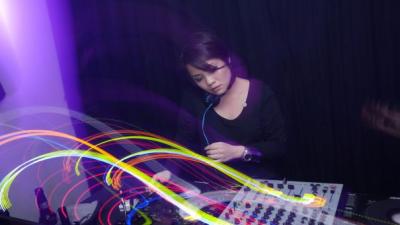
How to Make an Art Desert Bloom
Despite the challenges posed to establishing a tangible culture in Hong Kong, Ocean Lam remains upbeat about the unique aspects of life as a DJ in one of the world’s most cosmopolitan cities. «On the dancefloor we have a versatile mix of locals and Westerners from many different countries», she explains. «It feels like they can really blend together, and for DJs it’s great training. We’re playing for a crowd from eight to ten different countries, and it’s very challenging. I’ve lived in HK my whole life», she adds. «I’ve travelled to many other countries and I still love living here. I have many European friends who used to live in HK and it’s like seeing an old friend when we visit each other. This is the charm of HK».
Fresh Funky S agrees that Hong Kong’s role as a global hub is a positive force in its emergent electronic music culture. «I think the HK scene is more advanced than the rest of Asia, perhaps excluding Japan, when you consider international exposure», he argues. «I think HK needs a little bit more time to establish itself but its time will come. Everything is based on a cycle and we are still at the beginning of our story». The challenges of underground electronic music in Hong Kong are tougher than in some other cities, but there’s a resilient attitude that sees past the bureaucracy, high rents and small crowds. It's not easy to build a cultural movement without the precedents that you might expect elsewhere, but the sense of being an oasis in this so-called «art desert» is a galvanizing force for those to put their energy into the music they love.
Biography
Links
Published on March 27, 2018
Last updated on June 27, 2023
Topics
Snap
